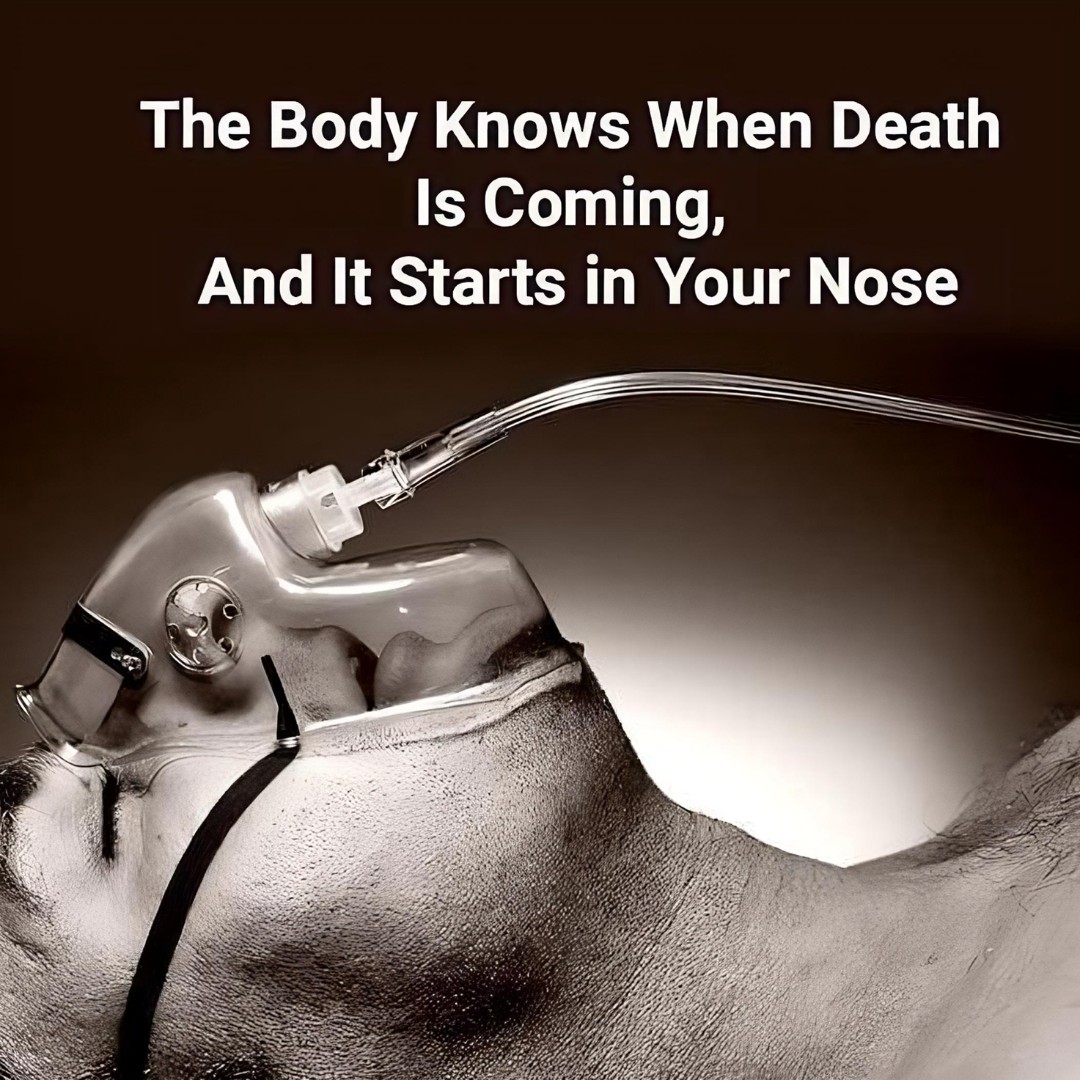Losing a loved one is among life’s most challenging experiences, leaving us emotionally raw, disoriented, and profoundly affected. While much of this pain stems from psychological and emotional factors, recent scientific discoveries reveal that our responses to loss are also rooted in biology. Surprisingly, the sense of smell—a key survival tool—plays an integral role in how we process grief and confront mortality. This connection sheds light on the deep relationship between our biology and emotions during times of profound loss.

Throughout human history, the sense of smell has been essential for survival. Just as animals use scent to detect predators, locate food, and identify members of their group, humans have developed similar sensitivities. Certain smells, particularly those linked to danger or decay, trigger immediate and powerful reactions. One such chemical, putrescine, is released during decomposition and serves as a biological alarm system, alerting us to potential danger in our surroundings.
When humans detect the scent of putrescine, their bodies instinctively respond with behaviors resembling the “fight or flight” reaction. Even if we don’t consciously recognize the smell or connect it with death, our brains interpret it as a warning to avoid potential threats. This automatic response highlights an ancient, deeply ingrained awareness of the risks associated with decay and death. It is a survival mechanism that has remained part of our biological makeup through countless generations.
Scientists believe these instinctive reactions to decay-related smells have their roots in early human evolution. For our ancestors, recognizing the scent of death provided a critical survival advantage. It helped them avoid predators drawn to decomposing remains, steer clear of areas prone to disease, and seek out safer environments. These instincts, vital for survival, became embedded in human biology and have been passed down over millennia.
Modern research has shown that exposure to putrescine triggers emotions such as fear, disgust, and even aggression. These reactions, inherited from our evolutionary past, heightened early humans’ vigilance in dangerous situations. Even though we may not consciously link these feelings to danger today, they remain an integral part of our biological defense system, helping us navigate risks that may not be immediately apparent.
These survival instincts tied to the scent of death persist in the modern human experience. The smell of decay continues to provoke strong emotional responses, such as discomfort, fear, and an urge to retreat. These reactions occur on a subconscious level, activating ancient survival mechanisms that function independently of conscious thought. For early humans, these responses were life-saving, pushing them to leave unsafe areas and avoid unnecessary risks. Even in today’s world, where many primal threats are less prevalent, these reactions remain deeply embedded in our biology.
Beyond their survival value, our sensitivity to decay-related odors serves an emotional purpose. These scents connect us to the reality of mortality and remind us of life’s fragility. When we lose someone close to us, our primal reactions amplify feelings of sadness, vulnerability, and fear. Even the faintest hint of decay can evoke discomfort or sorrow, blending our biological instincts with our emotional experiences.
This profound connection between smell and mortality enhances our understanding of grief as both a personal and universal human experience. The biological response to death-related odors underscores the shared vulnerability and resilience that bind humanity across time and cultures. It reveals how deeply intertwined our biology and emotions are, providing valuable insights into the ways we process and cope with loss.
Exploring grief through the lens of biology and science offers a new perspective on why certain emotions feel so overwhelming during times of loss. Understanding the role of smell—particularly the instinctive reaction to putrescine—sheds light on why emotions like sorrow and fear are so deeply felt in the face of death. These responses are not random; they are the product of millions of years of evolution, serving as both a biological defense and an emotional coping mechanism.
While this knowledge doesn’t erase the pain of losing a loved one, it offers a meaningful perspective. Recognizing that our grief responses are part of an ancient biological legacy helps us find comfort in the shared human journey of life and death. It highlights the interconnectedness of biology, emotion, and survival, reminding us that grief is a natural and significant part of existence.
Grief, at its core, reflects both our vulnerability and our capacity for connection. By understanding how biology shapes our emotions, we can better appreciate the depth and universality of our responses to loss. This awareness allows us to find solace in knowing that these instincts are part of a long, shared history of survival, resilience, and humanity itself.
This exploration of the biological underpinnings of grief reveals the dual nature of our reactions to loss—an interplay between instinct and emotion. It reminds us that even in our most difficult moments, we are part of a greater story of life, shaped by millions of years of evolution. This perspective enriches our understanding of grief, reaffirming the shared human journey through life’s most profound challenges.





